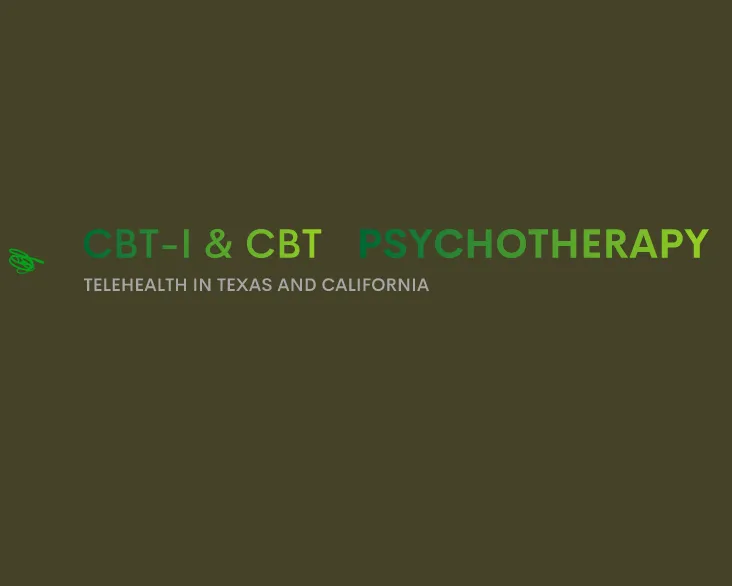
Do you fear socializing and being yourself around others? Do you tend to avoid situations where somebody may judge you? Maybe you fear being discovered as a fraud, feeling less likable, competent, and fun than others think and that you could be found and rejected at any minute! Maybe you are convinced that you are uniquely flawed and that there is no help.
Social Anxiety is experiencing intense fear or Anxiety about social situations, both familiar and unfamiliar, that is holding you back in life. The fear of being judged and feel shamed negatively, embarrassed, humiliated, or discovered as a fake or imposter (often called Imposter Syndrome) affects at least one major area of your life, but usually many parts of life. It can affect your job performance, romantic relationships, and ability to derive enjoyment from things that are important to you.
Social Anxiety is not shyness. Social Phobia is an anxiety that deeply limits the quality of your life by increasing isolation, loneliness, and hopelessness. Be assured that this is a form of Anxiety that is extremely common and estimated to affect 12% of us, just as it is extremely damaging. The good news is that CBT is the best treatment for social anxiety, and it does not involve years on a psychotherapy couch! In this therapy, you will tread the same road as many people who have struggled with social fear, and you will gain hope as you, too, get better! (see the example of an ERP exposure hierarchy below to see what it is about!)
The fear of social Anxiety causes avoidance of anxiety-producing situations or intense fear when you cannot avoid them. Often, it involves long periods of regret and shame after interactions with others, beating down your sense of self-worth and affecting your general mood.
CBT is different from other types of psychotherapy. CBT involves understanding your specific fear thoughts (Cognitions), beliefs (Core Beliefs), situational triggers, and behaviors you use to avoid these situations or to avoid feeling social fear and negative self-judgments.
Example Psychotherapy Goals using ERP (Exposure Therapy or Exposure and Response Prevention:
• socializing enjoyably • talking to strangers • Meeting people and making friends • Dating and forming relationships • Being physically intimate • Eating, drinking, writing, walking, working, hanging out or dancing when others may be observing • Speaking up in groups and giving presentations • performing on stage • being assertive • revealing personal information about yourself • interviewing for jobs, networking, and advancing your career • using public bathrooms comfortably • feeling less embarrassed and upset by mistakes and social blunders • feeling less embarrassed and self-conscious about blushing, sweating or other visible anxiety symptoms • improving your mood and self-confidence
A reputable source to learn more is:
https://nationalsocialanxietyc...
https://adaa.org/understanding...
Example Psychotherapy Goals:
• socializing enjoyably • talking to strangers • Meeting people and making friends • Dating and forming relationships • Being physically intimate • Eating, drinking, writing, walking, working, hanging out or dancing when others may be observing • Speaking up in groups and giving presentations • performing on stage • being assertive • revealing personal information about yourself • interviewing for jobs, networking, and advancing your career • using public bathrooms comfortably • feeling less embarrassed and upset by mistakes and social blunders • feeling less embarrassed and self-conscious about blushing, sweating or other visible anxiety symptoms • improving your mood and self-confidence
A reputable source to learn more is:
https://nationalsocialanxietyc...
https://adaa.org/understanding...





